Identifying and Treating IBS in Children

Does your child often complain about having stomach pain and diarrhea? Do they hardly touch their food at dinnertime? At random points in the day, do they have a sudden and urgent need to use the bathroom? These symptoms may have led you to ask the question: Could my child be experiencing irritable bowel syndrome (IBS)?
Can a child have IBS?
Although more teens experience it than children, IBS can rear its ugly head at any age. In children, IBS is seen at higher rates in children between 8 and 12 years of age. It’s estimated that IBS affects between 2.8-22.6% of children worldwide.
What are the symptoms of IBS in children?
In teens and adults, IBS is easily identifiable by its key characteristics are diarrhea and frequent bowel movements. In children, the symptoms vary greatly so it can be more difficult to identify. Because the symptoms can look like a variety of other health problems, IBS is often misidentified. Children with IBS may experience dizziness, a loss of appetite, cramping, upset stomach, bloating or swelling of the abdomen, urgency in bowel movements or mucus in the stool.
There are a few symptoms that point to a cause other that IBS, including weight loss, vomiting, bloody diarrhea or delayed growth. If any of these symptoms occur, contact your child’s healthcare provider for a lab test to check for infection and inflammation.
What causes IBS in children?
Experts often don’t understand exactly why irritable bowel syndrome occurs. Usually, a combination of factors is involved and it's difficult to pinpoint what specifically is causing the irritation.
Excess bacteria growing in the bowels, stress, sensitivity of the inside of the bowels to stretching and motion and problems with how food moves through the digestive system are all to blame. If a child’s parents have IBS, the risk of the child having IBS is significantly higher.
Stress can be a common culprit. If a child is stressed because there’s a test coming up at school, his or her IBS may be triggered.
IBS may also be triggered by certain foods. It’s difficult to say which foods are triggering foods, though, because it can be different for each child. See the chart at the bottom of the article for more information on this.
How can I prevent IBS in my child?
There are several options to prevent IBS in children. Probiotic supplements, such as Colic Calm Probiotic, can be extremely helpful as they provide beneficial bacteria that support gut health. The effects of a probiotic do not happen immediately, however, so your child will need to take them over a period of weeks before seeing results.
Managing fiber intake can also be helpful. Keep a food diary and track how much fiber your child is consuming each day. Are they intaking too much or too little? Balancing out the fiber intake to a healthy range is important for metabolic health.
On the topic of keeping a food diary, you can also record your child’s diet to track specific foods he or she consumes before symptoms occur. Remove any foods from your child’s diet that you think may be triggering the issue. From there, you can identify which foods do and do not cause irregular bowel activity for your child.
Which foods exacerbate IBS for children?
Although the specific foods that exacerbate IBS differ from person to person, there are common foods that trigger symptoms. Keep a diary of when your child eats these specific foods and record any side effects after eating. Among these foods are:
• Beans
• Celery
• Onion
• Carrots
• Raisins
• Bananas
• Apricots
• Prunes
• Bagels
• Pretzels
• Dairy products
• Sugar free gum
• Candy
• Caffeine
Another great way to identify what triggers your child’s digestive woes is to use a low FODMAP diet. FODMAP stands for fermentable oligosaccharides, disaccharides, monosaccharides and polyols. These are all short-chain carbohydrates or sugars that the small intestine does not absorb well.
A list of high and low FODMAP foods can be found on the below chart.
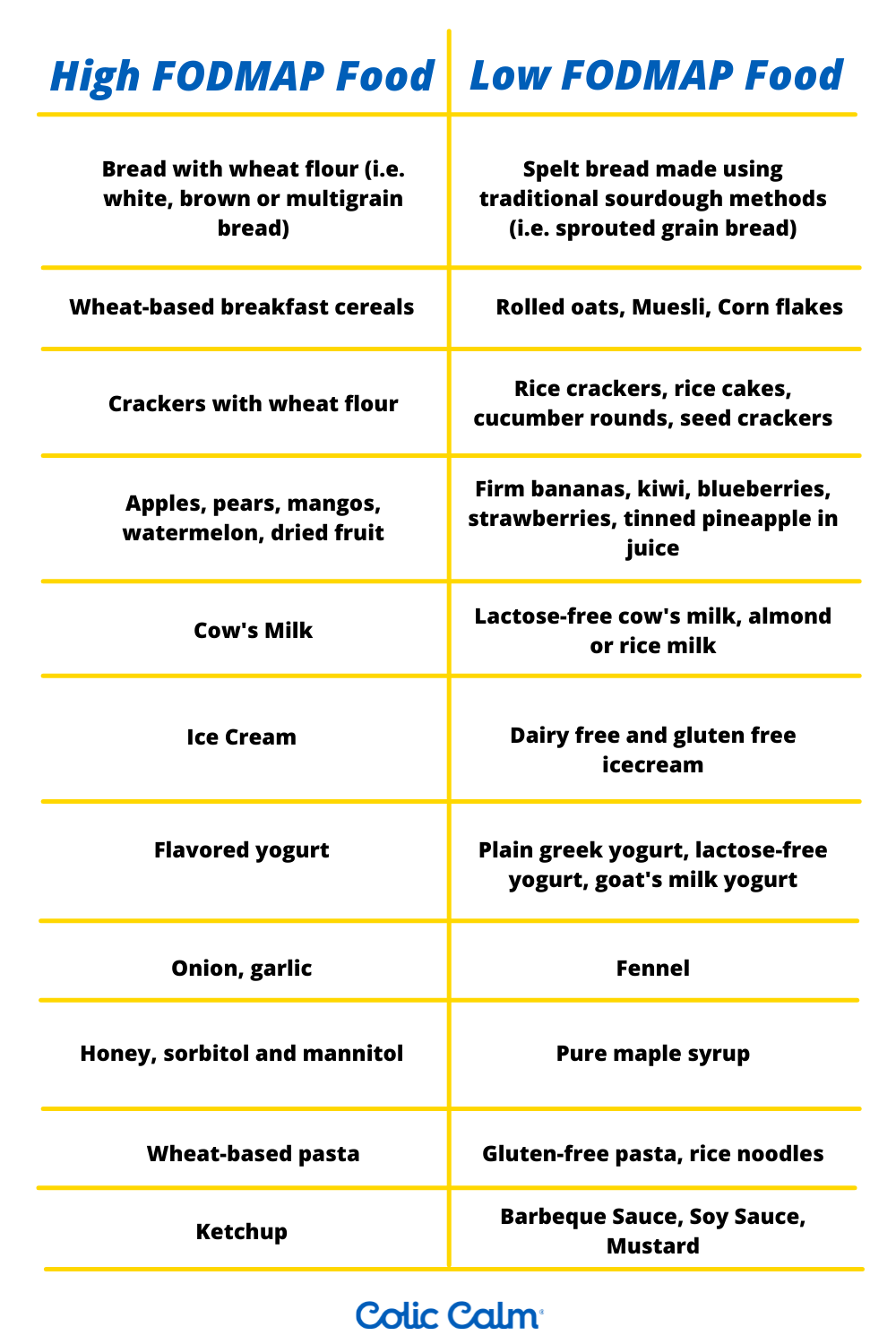
The FODMAP diet can be very effective in managing the symptoms of IBS in children who are medically diagnosed. However, it’s important to note that the FODMAP diet should not be followed for every child. If a child has disordered eating habits or is underweight, the FODMAP diet is not recommended.
A diet low in FODMAPS is a restrictive diet and therefore can be harmful to a growing child if not used properly. Be sure that you are not simply removing a food group from his or her diet. You’ll want to replace the deficiency with an alternative option that will still provide all the necessary nutrients.
Following a FODMAP diet may also be challenging in children because they may not understand why their diet needs to be different than those around them. For this reason, it can be helpful to make family meals that are low FODMAP. For further suggestions on children following the FODMAP diet, consult your dietitian or pediatrician.
To sum it up, IBS in children is difficult to identify. Its symptoms can be managed through a variety of avenues, such as balancing fiber intake, following the FODMAP diet and taking a daily probiotic.
 Canada
Canada South Africa
South Africa UK
UK EU & Int
EU & Int Ireland
Ireland Australia
Australia Brazil
Brazil New Zealand
New Zealand




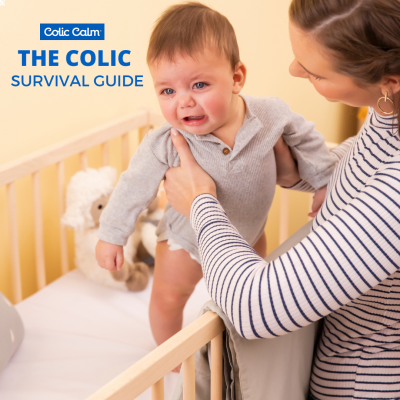






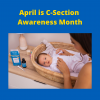
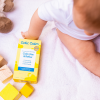



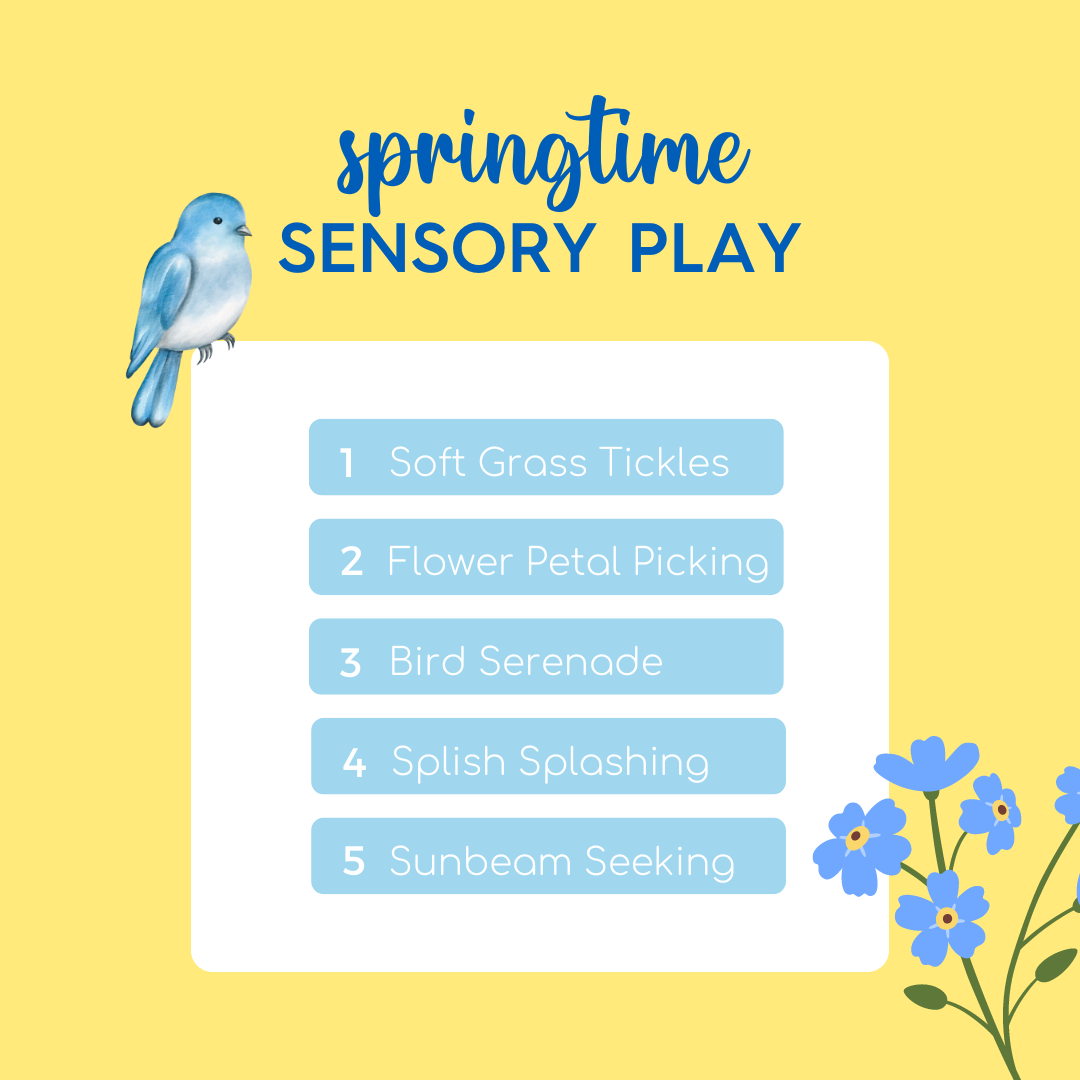

Comments